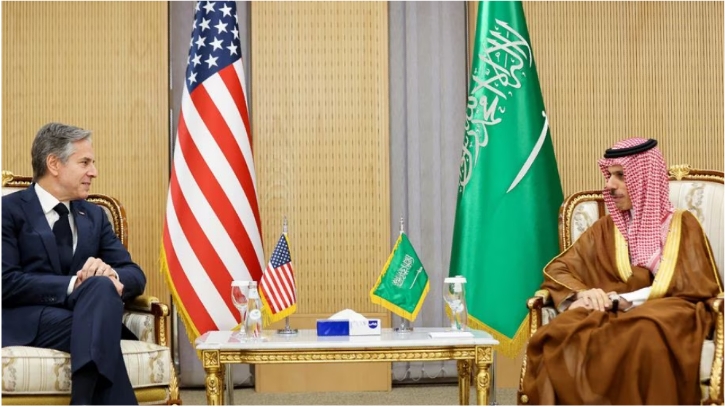
Qatar’s sovereign wealth fund, the Qatar Investment Authority (QIA), is reportedly exploring avenues for compensation following Credit Suisse’s sale to UBS Group, a move that has resulted in significant losses. As the second-largest investor in Credit Suisse, the QIA has sought legal advice to determine if it can make any claims against Swiss authorities, potentially through international arbitration. The forced sale of Credit Suisse to UBS, conducted without a vote from shareholders of either bank, is expected to cost the QIA around $330 million on its equity stake. The deal was swiftly finalized in March, raising concerns and triggering legal challenges.
Switzerland and Qatar have an established treaty that outlines the process for resolving disputes. To explore its options, the QIA has engaged a specialized law firm with expertise in international arbitration. However, it should be noted that the law firm’s involvement is still in the exploratory phase, and the QIA is not actively pursuing a claim at present. Instead, this move is seen as an effort to provide the QIA’s management with an understanding of the available courses of action.
The QIA has been a long-standing investor in Credit Suisse since the global financial crisis of 2008. While initially benefiting from the crisis, subsequent missteps and scandals within Credit Suisse’s management led to a substantial erosion of shareholder value. Despite the decline in stock value over the years, the QIA received interest payments on Credit Suisse bonds, resulting in an overall gain from its investment.
The aftermath of the Credit Suisse-UBS merger is expected to unfold gradually, with a multitude of lawsuits being filed to contest the terms of the deal. Notably, more than 1,000 investors, representing approximately one-third of Credit Suisse’s Additional Tier 1 bonds, are suing the Swiss regulator after suffering substantial losses. Shareholders, particularly those from the Middle East who hold over 20% of Credit Suisse, are also facing significant financial setbacks.
Before deciding whether to pursue a claim, Qatar will need to carefully weigh its potential losses against the likelihood of success. If the decision is made to proceed, Qatar would be required to file a notice of dispute with the Swiss government, triggering a six-month period for attempts at amicable settlement. In the event that no agreement is reached, the dispute could be escalated to the International Centre for Settlement of Investment Disputes (ICSID), an international arbitration institution established by the World Bank, which would provide a forum for resolving legal disputes between international investors and states.














